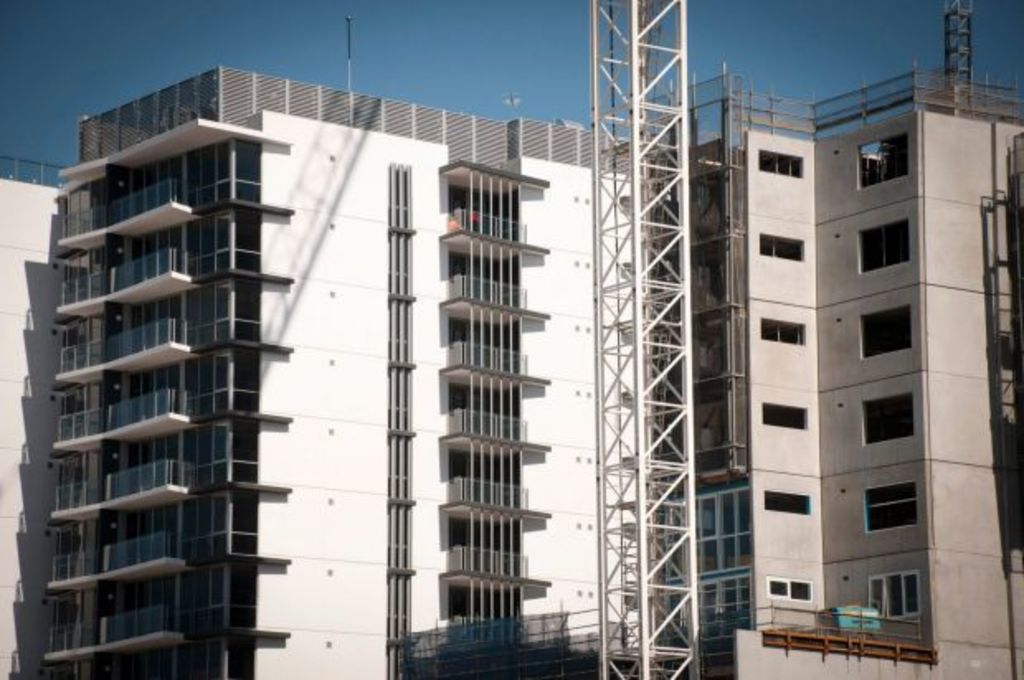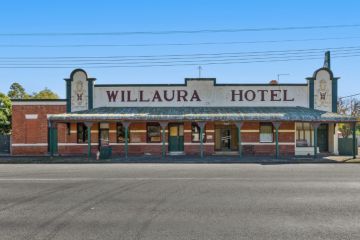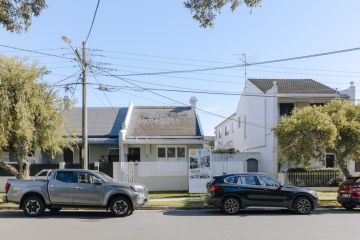Brisbane rentals: Why tenants now have the power

If you’re renting in Brisbane, chances are you’ve had a good year.
Maybe you’ve asked your landlord to fix the airconditioning and they’ve not just fixed it but replaced it – or perhaps you’ve applied for a property, negotiated a hefty discount on the rent … and still been approved.
It seems the days of landlords having the upper hand are, for the foreseeable future, well and truly over.
The steady incline of rental vacancies has been well documented over the course of this year.
Unit vacancies, in particular, have suffered – and Domain Group figures show that the situation has worsened considerably more recently; rental vacancies have more than doubled in some areas in the space of only six months.
In New Farm, the number of vacant units has jumped from 107 in April, to 193 in October, while in South Brisbane the number of vacant units has nearly doubled. The number of units vacant in Nundah rose from 82 to a whopping 182.
Coorparoo recorded the sharpest rise in units sitting vacant during that time, more than doubling from 65 in April to 166 vacancies in October.
So if there are not enough tenants, at what cost does that come to landlords?
The answer is yields, Domain chief economist Andrew Wilson says.
“There’s no doubt we’re going to continue to see a reduction in rents. The high yields that Brisbane investors have enjoyed for so long cannot be sustained,” he says.
“Brisbane rents have been on par with Melbourne, which is crazy when you consider the difference in the cost of housing … I think we’ll see a correction there.”
In reality, the correction is already well underway.

The number of vacant units in Brisbane city has jumped from 92 in April, to 171 in October. The median asking rent has dropped from $550 to $500 per week. Photo: Michelle Smith
Angus Commins, principal at Space Property South Brisbane, said prices had dropped sharply in just six months and he believed they would continue to head south into 2017.
“We’ve seen rent compression for units of about 10 to 15 per cent,” he said.
“For example, we manage a building in the Stones Corner/Woolloongabba precinct where tenants are coming off 12-month leases, having been paying $460 a week for a two-bedroom, two bathroom unit.
“Now we’re struggling to strike new leases at $400 a week because during that 12-month tenancy, two new apartment developments have opened up. We can’t compete with that. You have to chase the market.”
Jessica Liddell, property management consultant from Place New Farm, said tenants had well and truly caught on to the turning tide and were now using it to their full advantage.
It was now standard for rental applications to include not only a demand for a discount to the weekly rent price but also other requests such as short-term leases, air conditioning and ceiling fans, Ms Liddell said.
“It’s crazy. Absolutely everyone is negotiating at the moment and landlords are having to listen,” she said.
“I’m having weekly discussions with my owners. If no one turns up to an open house – and that does happen quite often – then I have to go back to the owners.”
For some landlords, it’s a bitter pill to swallow.
“Some owners will refuse to put the rent down and it’s understandable they’re upset … we’re talking a difference of $100 a week here,” Ms Liddell said.
While new developments are certainly making a difference to supply levels, the other factor is simply less people wanting to rent.
Low interest rates and boosts to the state government grant have reignited the first time buyers market, which means the rental sector inevitably takes a hit.
Ms Liddell said there were more aspirational tenants making the move to property ownership than ever, breaking leases in the process.
“… And that’s when we have to break it to the landlord the rent will likely decrease,” she said. “We can always lease a property; it just has to be at the right price.”

Landlords are finding rental decreases in some Brisbane suburbs hard to take. Photo: Peter Braig
The problem with that is that not every landlord can afford to take the hit.
As rents continue to plunge, it’s likely to have an effect on apartment sales, Commins said.
“In fact, it’s already affecting sales. Investors are nowhere to be seen right now, what with yields going down and vacancy rates going up. Add in the lack of capital gains and the scare-mongering about negative gearing and of course no one is going to be buying,” he said.
Mr Commins said that as the issue unfurls into next year, it will likely mean a serious correction to Brisbane’s apartment market – sales and rentals.
“It’s a train wreck and anyone who tells you otherwise has a vested interest,” he said.
“We get calls to our office every day from lawyers representing investors who are trying to offload apartments they can’t afford anymore.
“That’s going to start flowing through to some distressed sales.
“Any other agent around here will tell you the same. Looking into next year, we’re going to see a lot of people walking away from their deposits.”
We recommend
We thought you might like
States
Capital Cities
Capital Cities - Rentals
Popular Areas
Allhomes
More
- © 2025, CoStar Group Inc.







